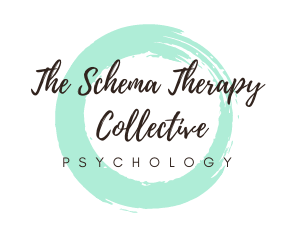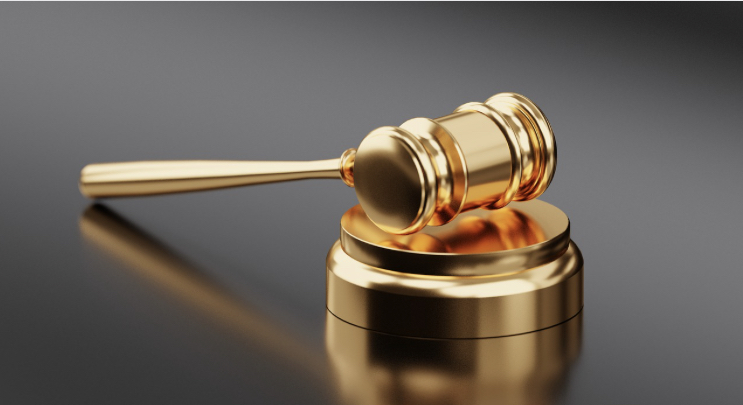Do you believe people should be punished for their mistakes, no matter how small?
Do you say things like “I’m only mean to people who deserve it?”
Are you known to judge people harshly for their mistakes?
Are you often angry and impatient with people who don’t meet your expectations?
Do you struggle to forgive others for small infractions and human imperfection?
Do you have a no excuses type mentality?
If so you may have the punitiveness schema.
This schema is defined by Jeffrey Young as “The belief that people should be harshly punished for making mistakes. Involves the tendency to be angry, intolerant, punitive, and impatient with those people (including oneself) who do not meet one’s expectations or standards. Usually includes a difficulty forgiving mistakes in oneself or others due to a reluctance to consider extenuating circumstances, or a difficulty allowing for human imperfection, or empathizing with feelings.
People with the punitiveness schema are often known to be moralistic and highly critical of others. They also often punish themselves harshly for small infractions or perceived failures. For example, many people who self-harm and deprive themselves of food have the punitiveness schema.
People with this schema were often harshly criticised and/or punished in their childhood for mistakes. The experience of verbal and emotional abuse as a child is common in people with these schemas. They learn from their carers at young age that errors and imperfection are punishable. If you have this schema you may have been shown little empathy or forgiveness for the normal errors and mistakes children make.
When you have this schema it can take a toll on both you and your relationships. Not allowing yourself normal human imperfection means you are likely to have a harsh inner critic and experience high levels of distress when you make a mistake. You may feel lonely and disconnected from others who find your judgment and criticism overwhelming and then tend to disengage or avoid you. Or you may develop a coping mode that helps you deal with the pain of the schema but also prevents you from getting your emotional needs met.
Some ideas for healing this schema are considering the pros and cons of the schema. Learn and practice self-compassionate responses to situations that you generally are harsh or judgmental with others. If you are in therapy, especially schema therapy, your therapist will be modeling compassionate and forgiving responses rather than punitive. Together you will build and strengthen your Healthy Adult mode. The Healthy Adult part, is wise and compassionate, and this will help you become more compassionate towards yourself and others.
Reference: Young, J. E., Klosko, J. S., & Weishaar, M. E. (2003). Schema Therapy: A Practitioner’s Guide. New York: The Guilford Press.


